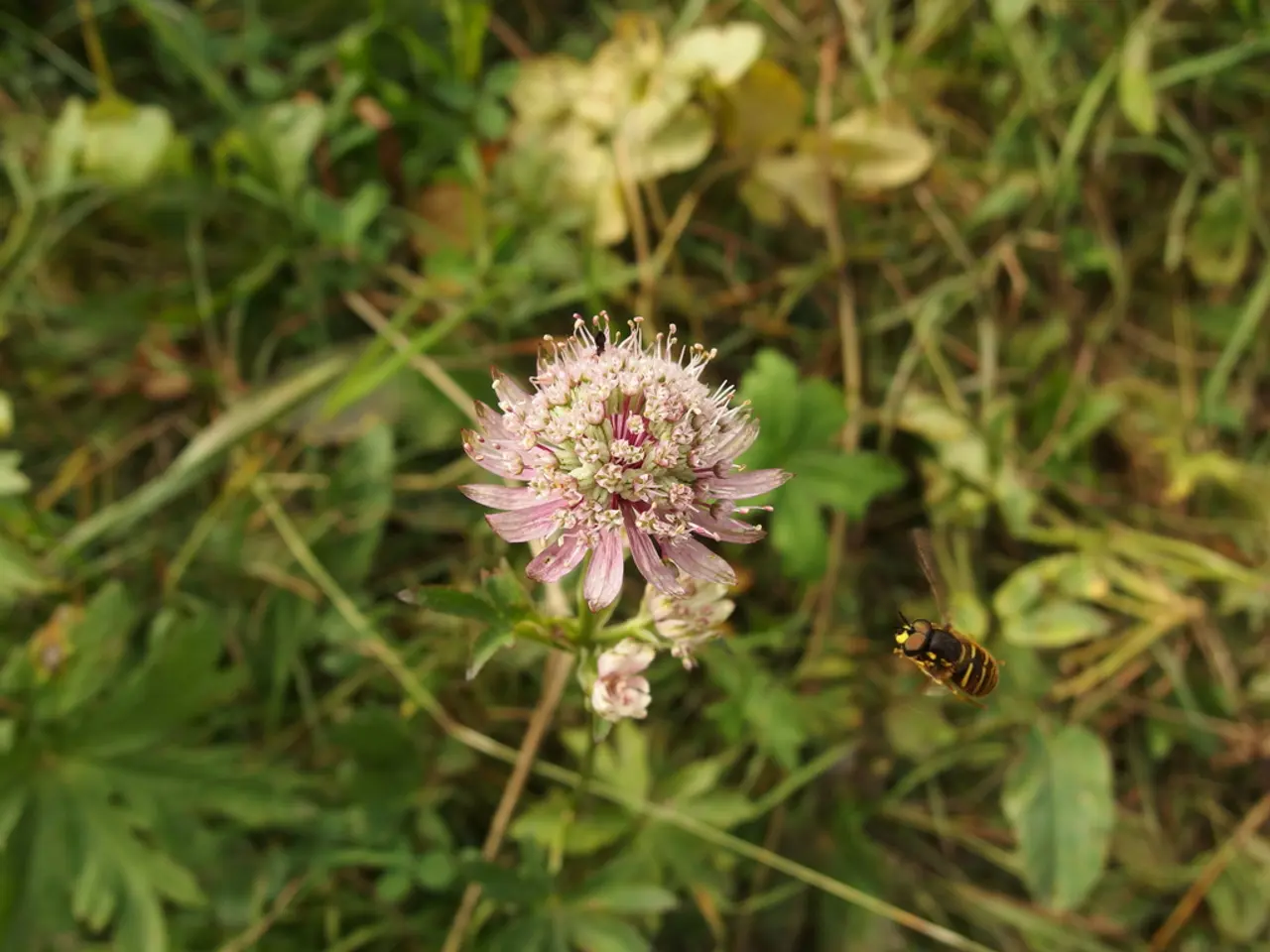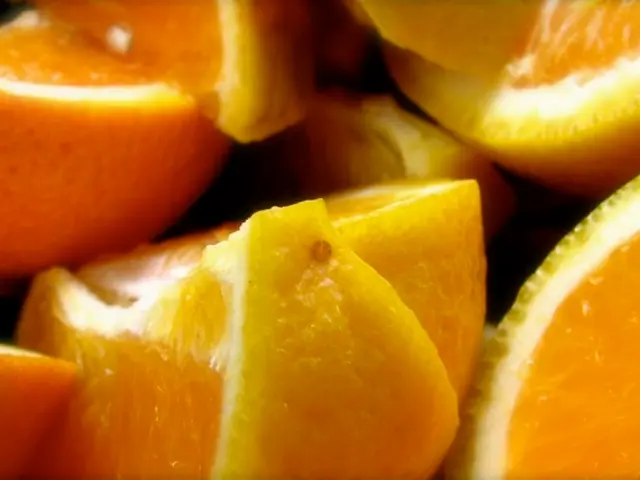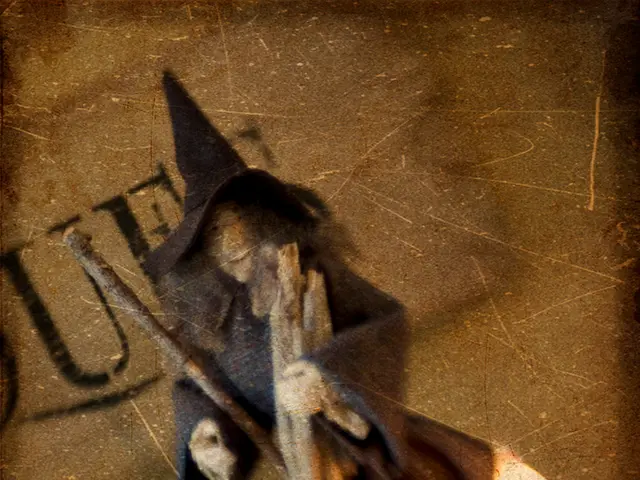Avoid exterminating the wasps! Despite their nuisance, they are beneficial presences in your garden
In gardens across the globe, a group of often-misunderstood creatures play a crucial role in maintaining a balanced ecosystem. These are the wasps, a diverse family of insects with over 100,000 described species worldwide, more than double the combined total of bees and ants.
In the UK alone, 7,000 species of wasps can be found, with social wasps, such as yellowjackets and hornets, accounting for only around 1,200 of these. Contrary to popular belief, the vast majority (around 70%) of wasps do not sting, and many are solitary species that do not pose a threat.
Wasps are beneficial allies in gardens, primarily acting as natural pest controllers. They hunt and feed their larvae with insect pests like caterpillars, aphids, and weevils, helping to reduce damage to garden plants. Some wasps are even parasitoid, detecting hidden caterpillars or other insect larvae, laying their eggs in/on them, and then abandoning their offspring.
Additionally, adult wasps pollinate flowers by feeding on nectar, carrying pollen between plants. Social wasps also assist in decomposing by feeding on carrion, which helps keep the garden clean.
Despite their ecological significance, wasps are often perceived as pests due to their painful sting and aggressive behavior during summer. However, many people are unaware that the majority of stinging wasps are social types, and they generally avoid humans unless provoked.
Social wasp colonies produce only workers until late summer, then switch to producing sexual brood - young queens and males. Mated young queens hibernate and establish a new nest the following spring.
Solitary wasps, on the other hand, won't bother humans and are rarely noticed. Worker wasps receive a sugar reward from larvae each time they are fed, providing some nutrition to the adult wasp.
As the summer season comes to an end, social wasps can become bothersome when they need food but most larvae have pupated. However, understanding their role in our gardens as predators, pollinators, and decomposers can help shift perceptions and appreciate these hardworking insects for the valuable service they provide.
[1] Wasps: Beneficial Insects in Your Garden [2] The Importance of Wasps in the Natural World [4] The Ecological Role of Wasps in Decomposing Organic Matter [5] Wasps as Pollinators: A Forgotten Contribution to the Garden Ecosystem
- In addition to their role as civil engineers of their intricate nests, wasps serve as critical allies in home-and-garden landscapes, particularly in gardens, by controlling pests such as caterpillars, aphids, and weevils that prey on plants.
- Apart from preying on insect pests, wasps also function as essential pollinators, contributing to the growth and propagation of flowers in gardens by distributing pollen between plants while feeding on nectar.
- Furthermore, certain species of wasps, like solitary wasps, remain low-profile members of the home-and-garden lifestyle, seldom posing a threat to humans and even providing the added benefit of aiding in the decomposition of organic matter in gardens.




